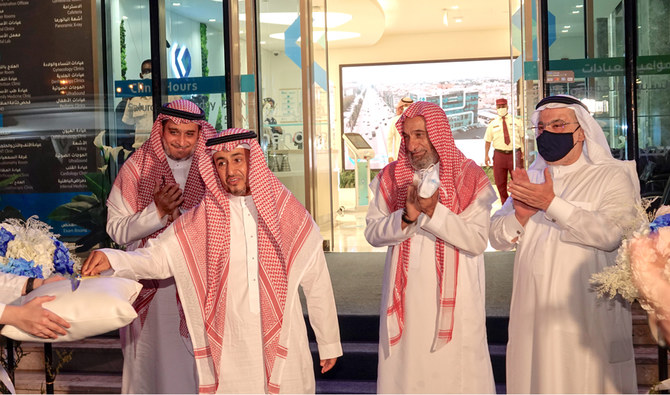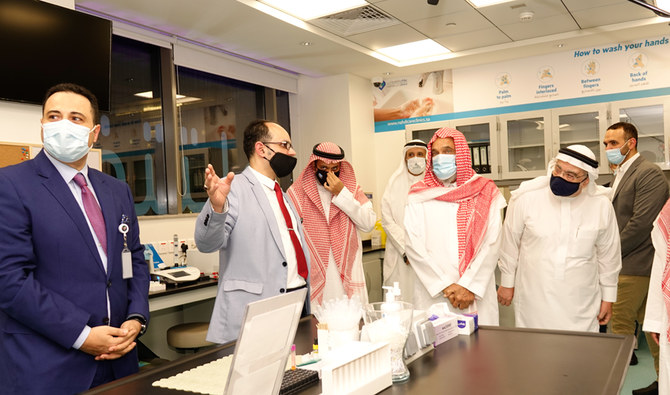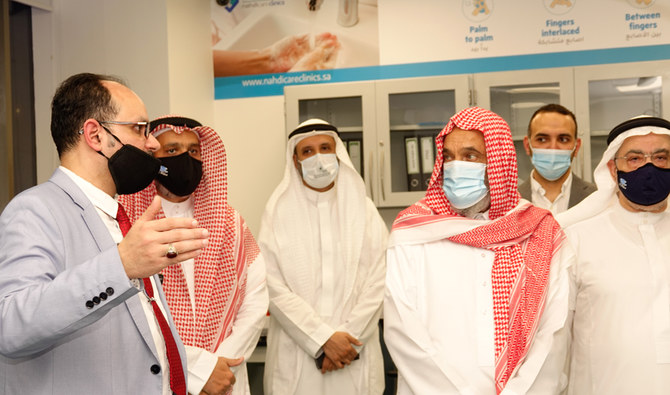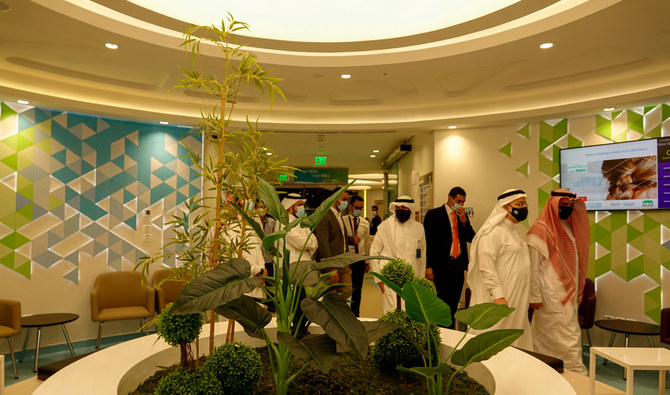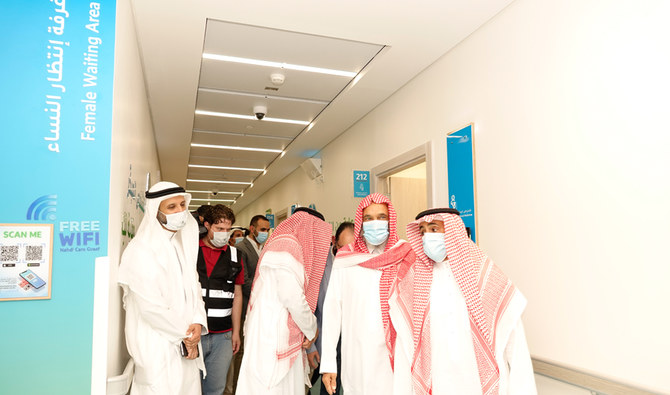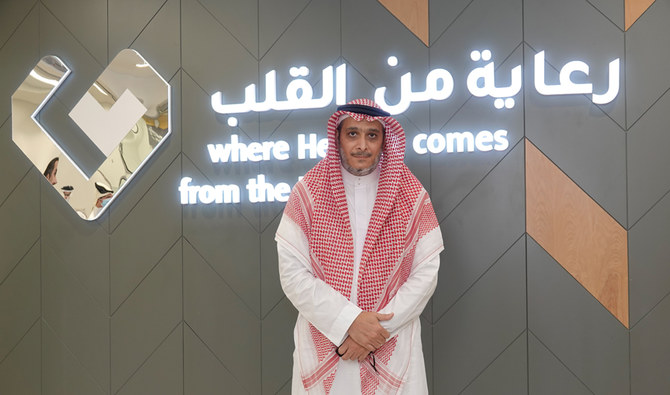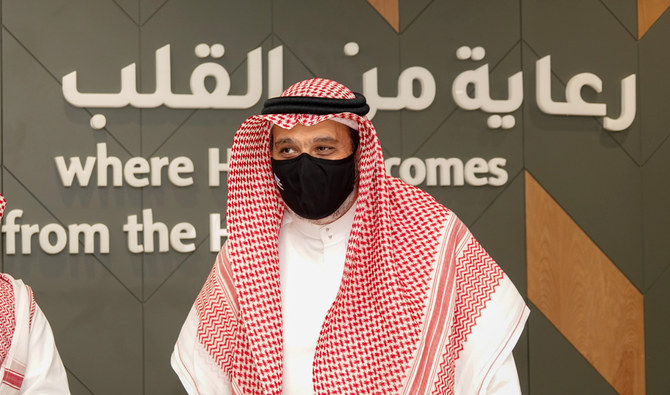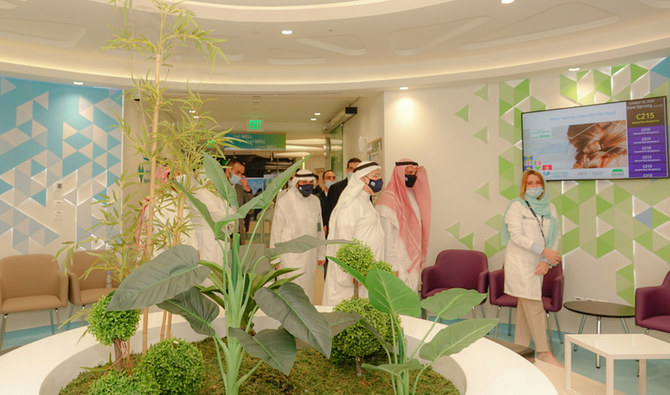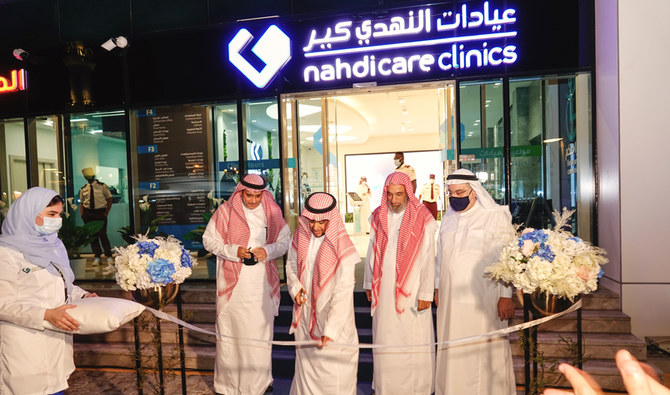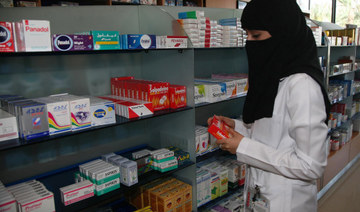JEDDAH: The pharmaceutical sector has played a major role during the coronavirus pandemic in the Kingdom by working with the Ministry of Health to protect people in the country, according to the CEO of Al-Nahdi Medical Company.
Yasser Johari said the sector had been working to ensure that all necessities were available during the ongoing health emergency, and that it was an active partner with Saudi authorities.
“(The sector) has been stable under the direct regulation (and) supervision of the Ministry of Health and the Saudi Food and Drug Authority,” he told Arab News. “We have always been an active partner to the regulators here.”
The company has more than 700 branches and is expanding its health care provision and presence in line with the Kingdom’s National Healthcare Transformation Program, which seeks to improve the quality of services and facilities.
Al-Nahdi offered home delivery of medicine and repeat prescriptions as the country went into lockdown. “We consider medicine one of the most important necessities, especially when we talk about ... patients with chronic illnesses like diabetes, hypertension and others,” Johari added.
“We took a very strategic decision at the early stage of the pandemic to double our stocks and make sure that we have 24/7 direct pickup to home delivery for our clients, to make sure that they’re really being looked after during the pandemic.”
The Ministry of Health launched several apps to help patients in the Kingdom during lockdown. One of these was the “Wasfaty” (my prescription) app.
The app aims to ensure the availability of medicines by linking hospitals and primary health care centers with community pharmacies, so that patients are able to get the medicine they need from a location that is closest to them.
One of the app’s features is a medicine delivery service to COVID-19 patients in quarantine, so that doctors can write a prescription electronically after diagnosing the patient. This feature helps to improve the health care services provided to patients and ensure treatment continuity.
The app also has a repeat prescription feature for people with chronic diseases. Patients can contact the app’s customer service center on 920000932 and the team contacts the relevant physician to review the patient’s file and re-issue the prescription.
The patient can get medication from community pharmacies participating in the service without the need to visit a primary health care center or hospital.
Al-Nahdi CEO says pharmacies active players during pandemic
https://arab.news/8wx9k
Al-Nahdi CEO says pharmacies active players during pandemic

- “We consider medicine one of the most important necessities, especially when we talk about ... patients with chronic illnesses like diabetes, hypertension”
Crown prince speaks with regional leaders about Iranian aggression

- Calls came as several Gulf Arab states were targeted by Iranian missiles
RIYADH: Crown Prince Mohammed bin Salman spoke to several regional leaders on the phone on Saturday, the Saudi Press Agency reported.
The calls came as several Gulf Arab states were targeted by Iranian missiles after Tehran pledged to retaliate against strikes by the US and Israel that hit several cities in Iran in the early hours of Saturday.
The crown prince spoke with UAE president Sheikh Mohammed bin Zayed Al-Nahyan, Bahraini King Hamad bin Isa Al-Khalifa, Qatari Emir Sheikh Tamim bin Hamad Al-Thani, Kuwaiti Emir Sheikh Mishal Al-Ahmad Al-Jaber Al-Sabah, and King Abdullah II of Jordan.
The crown prince affirmed the Kingdom’s full solidarity with, and support for, their nations and stressed “Saudi Arabia’s readiness to mobilize all its resources to assist them in responding to the brutal Iranian attacks they suffered, which undermine the region’s security and stability,” the SPA added.




